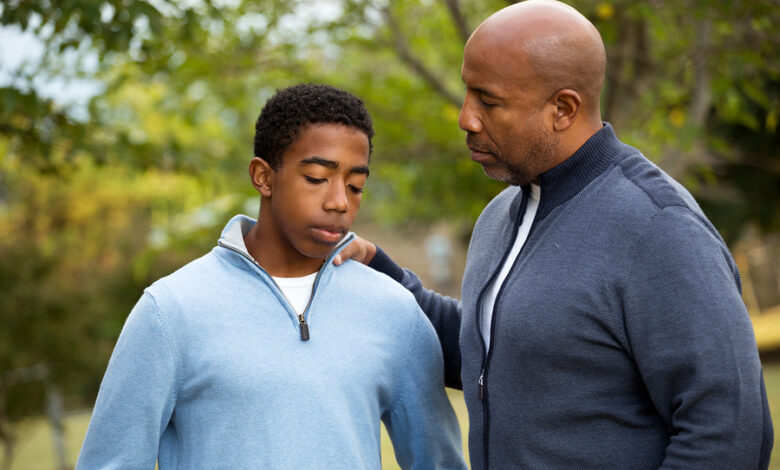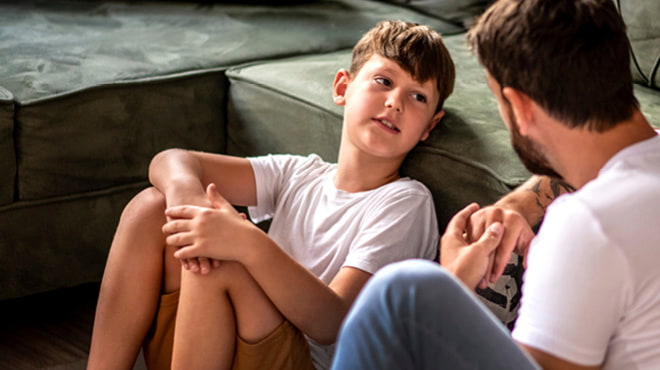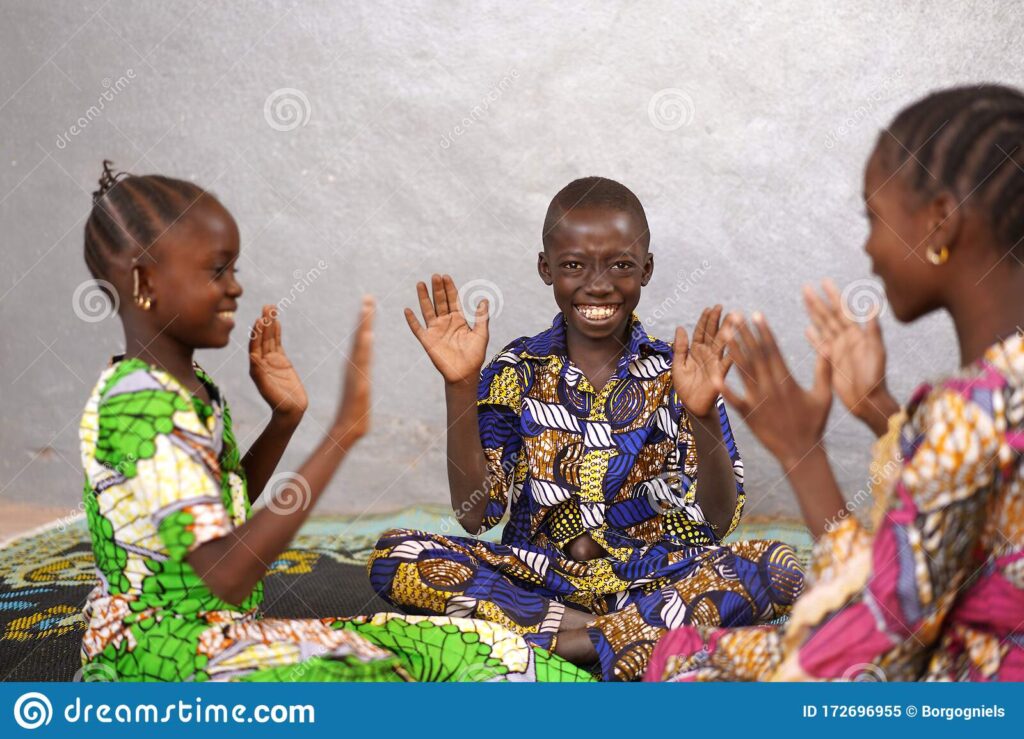Gender Based Violence: Educate The Boy Child


By Deborah Titilope Olubodede
In many cultures, gender-based violence is a pervasive issue. It is a widespread issue that millions of people experience around the world. It impacts communities from all backgrounds and cultures.
Girls, boys, women, and even adults in general can experience gender-based violence. However, it is frequently committed against women and girls. It takes many different forms, including rape, early or coerced marriages, female genital mutilation, domestic violence and sexual harassment.
Myths and stereotypical attitudes around gender-based violence (GBV) shape the way the society perceives and responds to violence against women. Such myths lead people to blame women for rape. It makes people doubt what survivors say – to survivors feeling guilty and blaming themselves for rape.

Within the socio-cultural and religion context, emphasis is on the philosophy of submission of wives to their husbands under all circumstances. So, every attention is placed on women who, unfortunately, are often at the receiving end of all kinds of social ill-treatments. Consequently, a girl-child grows up with the mindset of inferiority-complex, regardless of the threat to life such circumstances may pose.
Since most of the perpetrators of domestic violence are men, the onus lies on every family and social institution to promote the education and orientation of every boy-child as far as moral values are concerned.
But in order to address this issue, we must concentrate on teaching boys about gender equality, healthy relationships, and nonviolent communication, knowing that the boy child as a tool to combat gender-based violence is essential to building a society where women can live without fear of abuse and discrimination.

Education is essential to ending gender-based violence, and it should start with the male child, considering the way boys socialize from young age, educating them from an early age about women’s rights, gender equity, and respecting others’ dignity.
Somehow, it appears that boys are taught to view violence as an acceptable means of settling conflicts and to believe that masculinity must be achieved through dominance and control. This form of socialization can have serious consequences, which may lead to a range of harmful behaviors, including domestic violence, sexual assault, and harassment. It is important that they learn about violence, its harmful effects and why it is unacceptable. They should also learn how to identify and challenge sexist attitudes and behaviors that perpetrate violence against women and girls.

Educating boys will help them develop a sense of responsibility and accountability because boys who grow up in hostile environments may be more likely to engage in acts of gender-based violence. By learning about the negative consequences of violence, boys can build an understanding of why violence is wrong and develop a sense of morality. They can also learn to take responsibility for themselves and their communities by modeling positive behavior rather than engaging in violent.
The development of positive masculinity depends on the education of the male child. Positive masculinity is not about brute force, aggression, or control. Instead, it instills in males a love, respect, and empathy for everyone, regardless of gender. Instilling positive attitudes and behaviors that promote respectful and equal relationships between men and women help break the cycle of violence by giving boys the tools they need to identify and resist the harmful influences that could otherwise lead them down the path of gender-based violence.

This type of education should be taught every day in schools and be a part of the curriculum. It also requires the support and cooperation of parents, teachers, mentors and lawmakers. Boys should be encouraged by their parents and role models to regard and value girls as equal members of society by challenging prevailing social norms and fostering equality at home and in their communities. While lawmakers must create an enabling environment that supports and promotes gender equality at all levels, educators should integrate gender and violence prevention messages into their curricula.
It’s time for us all to acknowledge the crucial part that education plays in ending gender-based violence and to engage in initiatives that encourage boys to adopt positive attitudes and behaviors, making the world a safer place for everyone.
For so long, we’ve centered conversations about rape, abuse, and violence on women and girls. It’s high time we opened it up to the boys as well. We need to teach boys how to interact with and treat women with respect.
Finally, the boy child should be properly taught to respect the dignity of girls in every situation.
Educate a boy-child today!






Wow!
So thoughtful of you miss. Thank you for this piece. I hope the respective body can take this up.
Kudos to you ma’am